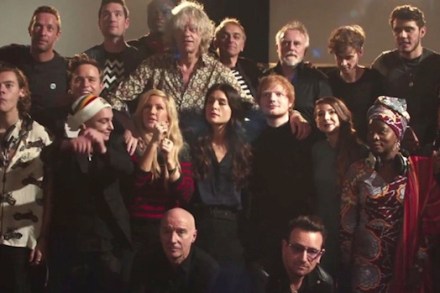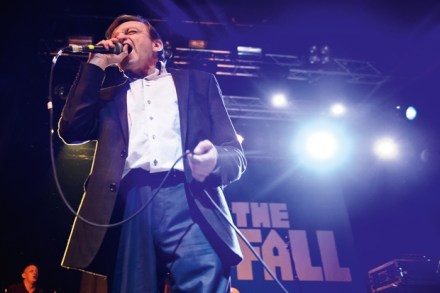MoMA's new Björk exhibition cramps the singer's style
Was intimacy the goal of Björk at MoMA? Co-curated by the Icelandic musician herself and Klaus Biesenbach, MoMA chief curator at large, the exhibition allows for a closer look at the objects that go into her productions, from custom-made instruments to haute-couture costumes and personal notebooks. The centrepiece, however, is the new commission Black Lake. At a press conference on Tuesday, Biesenbach made much of the live experience of museums in contrast to the detachment of seeing art through phones. The problem is, Björk’s exhibition isn’t live. It’s quite the opposite. The culprit is the narrative installation called Songlines. An audio component entreats you to take it slow and to consider the device hanging around




















